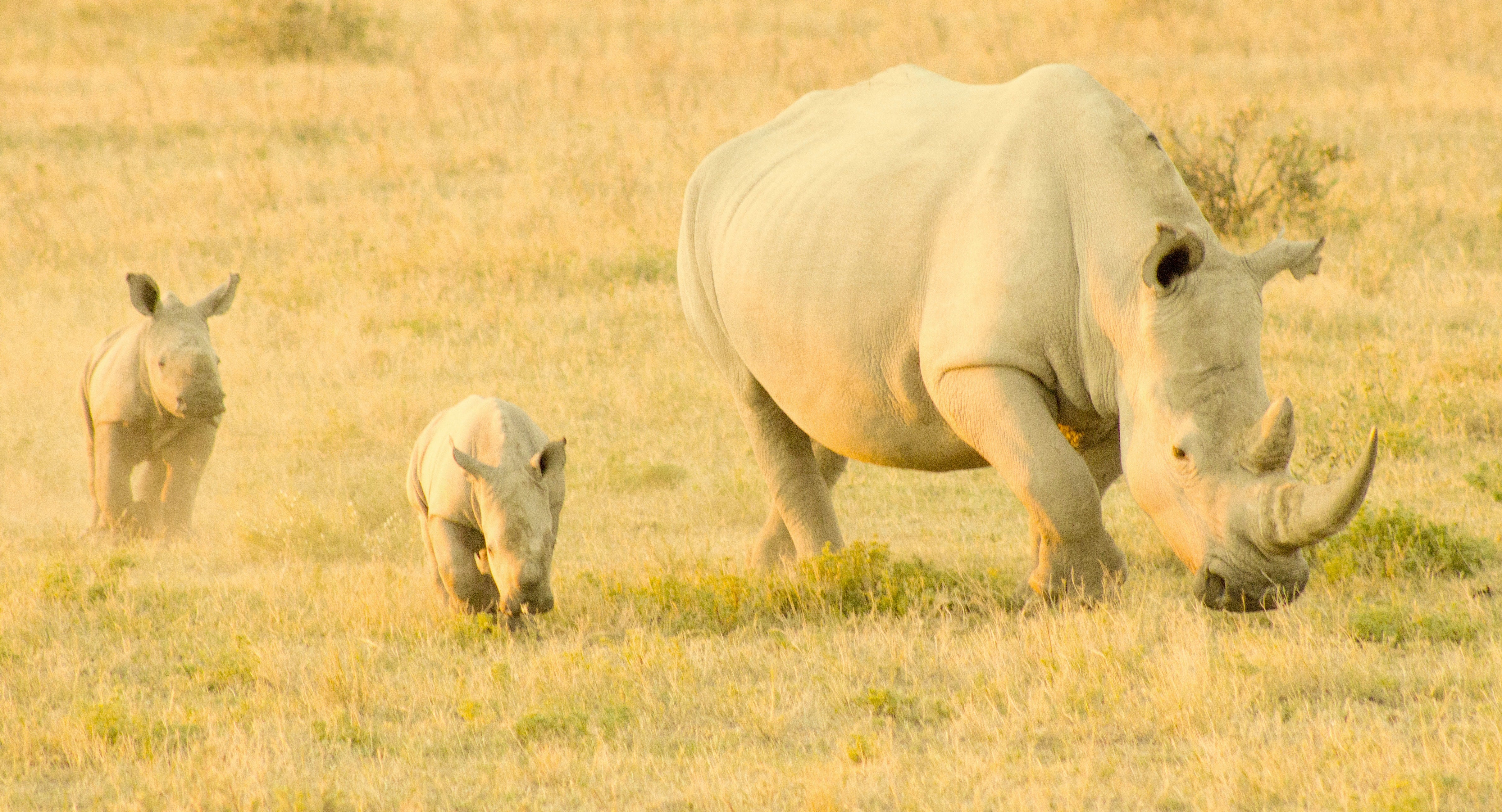Illegal wildlife trade in Africa expected to increase to pre-Covid levels
Research by UK government warns that fewer restrictions on travel and trade will allow poachers and traffickers to increase illegal activities

Most countries in southern Africa anticipate poaching and the illegal wildlife trade to revert to pre-pandemic trends as restrictions imposed to reduce the spread of the disease are relaxed.
The Global Initiative Against Transnational Organised Crime anticipates that once the virus has been contained through large-scale vaccinations by early 2022 it is likely that poaching will resume to supply pent-up demand.
This is contained in the UK Government’s research on the impact of Covid-19 on the illegal wildlife trade released in early 2022. The research was relaunched at a wildlife conference co- hosted by The Royal Foundation’s United for WIldlife and The British High Commission in Kasane, Botswana, recently.
Supported by Zambesia Conservation Alliance, the event brought together leaders from finance, transport, government and law enforcement, and conservation organisations from the region with a common purpose of addressing the illegal wildlife trade in Southern Africa.
The research found that measures imposed to curb the widespread transmission of COVID-19 may have temporarily restricted illicit trade, but said this was unlikely to last long.
“All indications presently show that the high-level trafficking networks will resume operations as soon as they are able, or will adapt and find alternative workarounds for the current blockages,” the report said. It also quoted the UN Office on Drugs and Crime, which said it was highly likely that wildlife trafficking will not have substantially decreased. It stated that buyers and sellers will likely reorganise and increase focus on online trade channels and related mechanisms, and poachers will exploit the fact that many conservation areas are suffering from reduced revenue, decreasing capacity to guard against them.
“A more recent presentation by a spokesperson for the Global Initiative confirmed that they have seen a general increase in poaching and trafficking of ‘high value products’, including a ‘huge uptick’ in rhino poaching in South Africa and Botswana, although this increase has not been seen in Tanzania, Kenya, and Namibia, likely due to intensive local enforcement activity,” the report said.
A new financial sector toolkit developed by the UK Government in partnership with WWF and Themis was also launched at the event. The tool kit was initially launched in the UK in March 2022. The practical and freely accessible IWT Financial Flows Toolkit is aimed at supporting governments and financial institutions to raise awareness of the illegal wildlife trade and help them identify and mitigate suspicious transactions associated with illegal wildlife trade.
The recent wildlife conference in Kasane marked the first meeting of the Southern African Regional Chapter, providing an opportunity to build on the efforts of United for Wildlife’s South Africa Chapter. It presented a platform for stakeholders to share best practices in combating IWT, while also discussing potential frameworks to assist future efforts in the region.
The event came as United for Wildlife (UFW) partners strengthened the regional response to the illegal wildlife trade, expanding the successfully established South Africa Regional Chapter to encompass more partners across Southern Africa.
Representatives from across the region joined this Chapter for the first time, including Angola, Botswana, Malawi, Mauritius, Mozambique, Namibia, South Africa, Zambia and Zimbabwe.
Speaking at the conference, Chairman of the UWF Taskforce, David Fein, called illegal wildlife trade a serious organised crime carried out by ruthless cross-border criminal networks.
“It robs communities today of their future sources of income – it must be met with a united and global response. By convening and working collaboratively with the transport and finance sectors, building key partnerships with NGOs, and sharing information and best practices across the sectors, we will disrupt this criminal network,” Fein said.
Sian Price, British High Commissioner to Botswana and Special Representative to SADC said the UK as a nation is passionate about combating the illegal wildlife trade.
“Worth £23bn annually, the illegal wildlife trade knows no borders. Financial crime is at the heart of the illicit trade; air and shipping routes facilitate the movement of illegal products from Africa to Asia. We cannot combat the illegal wildlife trade without working regionally, and engaging the finance and transport sectors.”
She said the conference was a milestone in bringing senior leaders from finance and transport industries across Southern Africa together to disrupt wildlife trafficking.
This article is reproduced here as part of the African Conservation Journalism Programme, funded in Angola, Botswana, Mozambique, and Zimbabwe by USAID’s VukaNow: Activity. Implemented by the international conservation organisation Space for Giants, it aims to expand the reach of conservation and environmental journalism in Africa, and bring more African voices into the international. Read the original story here.

Join our commenting forum
Join thought-provoking conversations, follow other Independent readers and see their replies